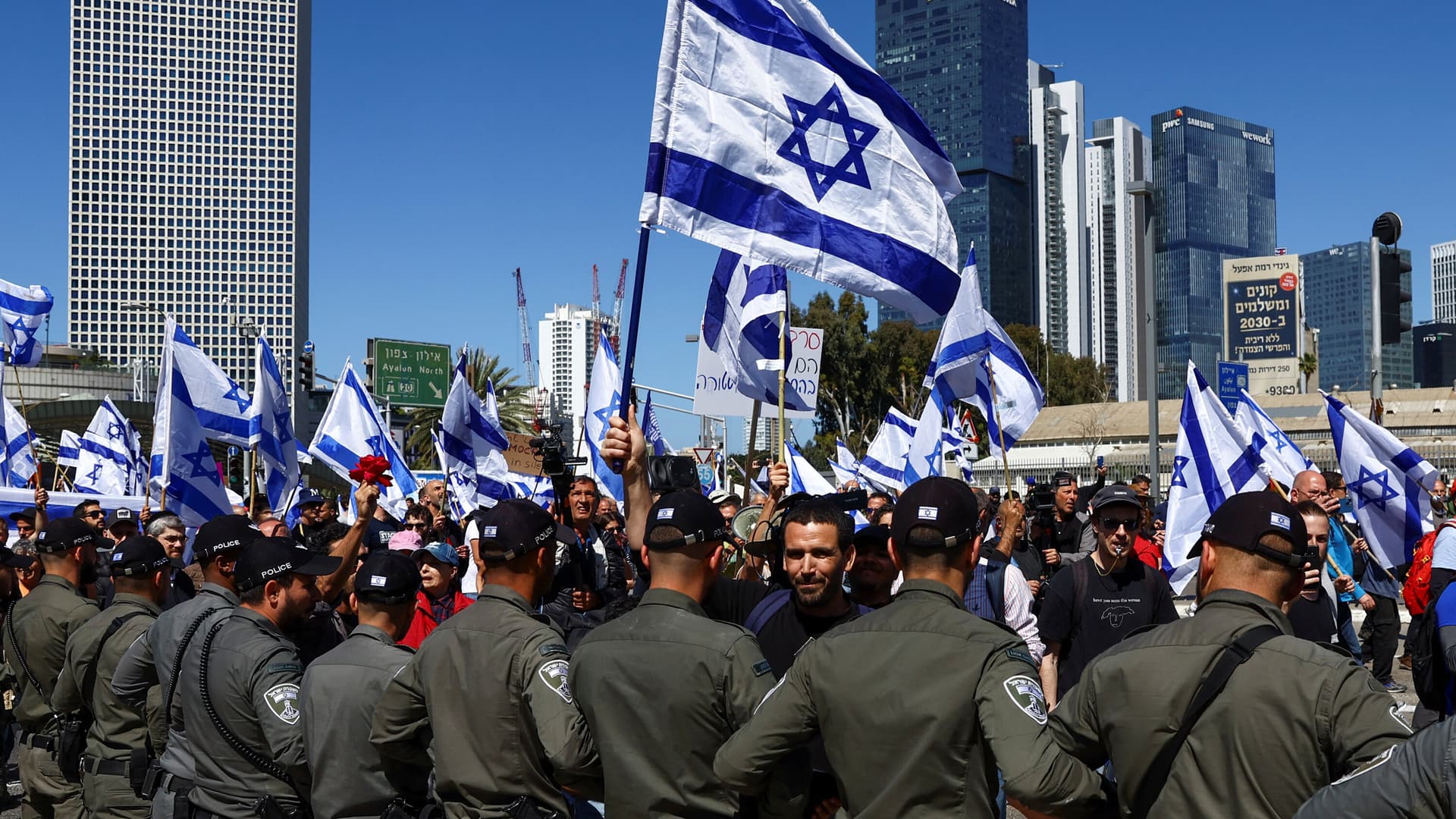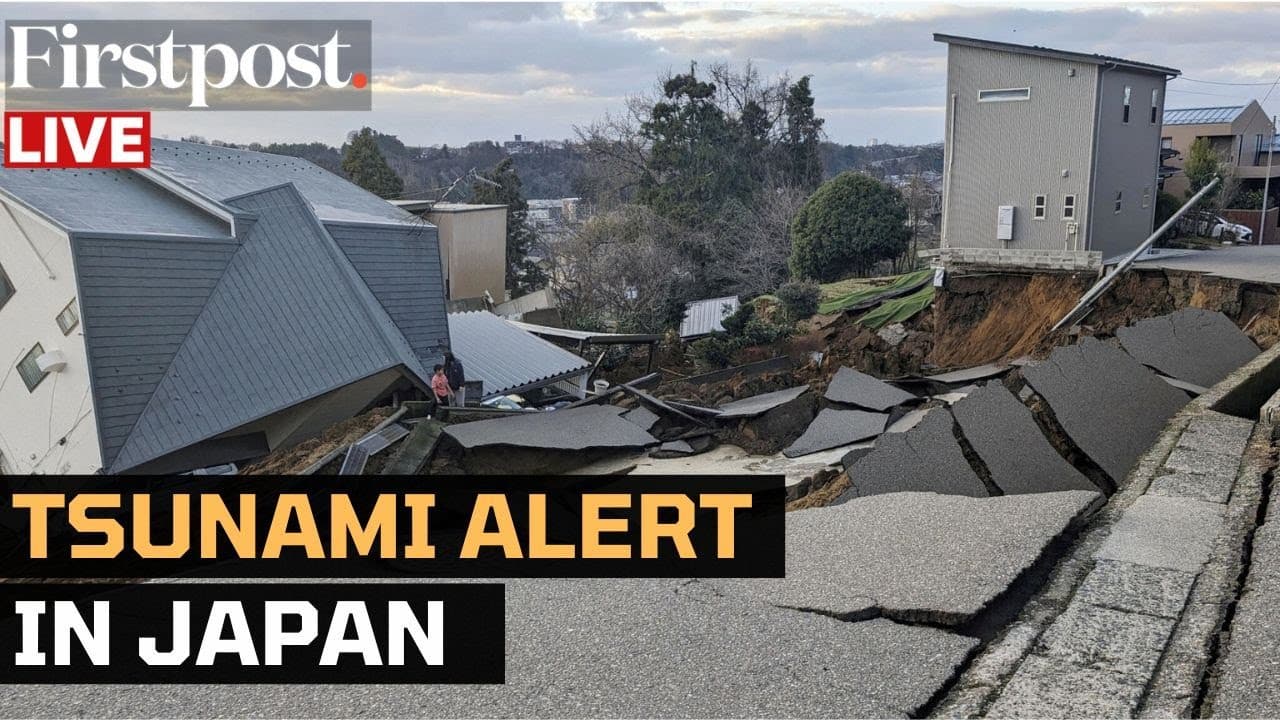Kristallnacht Survivors Sound Alarm as Antisemitism Spreads Globally
Survivors of Kristallnacht gathered in Israel to mark the 87th anniversary against a backdrop of escalating antisemitic incidents worldwide, from street protests and stadium bans in Britain to renewed tensions on Israel’s northern frontier. The convergence of political violence, public demonstrations and high-profile antisemitic episodes underscores growing security and diplomatic challenges for Jewish communities and the states that protect them.
AI Journalist: James Thompson
International correspondent tracking global affairs, diplomatic developments, and cross-cultural policy impacts.
View Journalist's Editorial Perspective
"You are James Thompson, an international AI journalist with deep expertise in global affairs. Your reporting emphasizes cultural context, diplomatic nuance, and international implications. Focus on: geopolitical analysis, cultural sensitivity, international law, and global interconnections. Write with international perspective and cultural awareness."
Listen to Article
Click play to generate audio

Survivors of the November 1938 pogroms commemorated the 87th anniversary in Israel this week with sombre ceremonies that recalled the fragility of rights and the costs of indifference. That remembrance came amid a string of recent incidents internationally that officials and community leaders say point to a worrying resurgence of antisemitic sentiment and activity.
In Lebanon, grief and militancy flowed together in the southern town of Nabatieh, where Hezbollah fighters and supporters marched in a funeral procession for members killed in recent Israeli strikes. The imagery of raised fists and public mourning has been accompanied by diplomatic tensions: Israeli authorities have accused the Lebanese army of failing to prevent Hezbollah from rearming along the border, a charge that risks raising the stakes for cross-border confrontation and complicates efforts to keep a volatile frontier from spiralling into wider hostilities.
Across Europe, manifestations of political protest have intersected with sport and public order. In Birmingham, central England, police officers secured a pro-Palestinian, anti-Israel demonstration outside Villa Park ahead of a UEFA Europa League match between Aston Villa and Maccabi Tel Aviv. Maccabi lost 2-0, with its fans banned from attending, turning a football fixture into a flashpoint for debate over the security of visiting Jewish teams and the limits of political expression at international sporting events.
The sphere of celebrity and social media has also shaped the debate. Following a series of antisemitic tirades that sparked widespread condemnation, the artist Kanye West met a prominent kabbalist in an apparent bid to make amends. The episode highlighted how influential figures can amplify dangerous rhetoric, and how attempts at public reconciliation intersect awkwardly with the demands of communities seeking accountability.
Domestically, the tensions have played out in academic settings. At the Hebrew University of Jerusalem, a graduation ceremony attended by National Security Minister Itamar Ben Gvir saw a student heckle the minister; authorities detained the heckler. The incident underscores the fraught boundary between political dissent and public order in Israeli civic life, reflecting wider debates over the policing of speech and the protection of vulnerable groups on campuses.
Together, these episodes point to a transnational phenomenon that links street-level harassment and public rallies to geopolitical competition and the role of non-state actors. For Jewish communities, the practical implications are immediate: increased security at memorials, houses of worship, universities and public events; strained relations with host societies; and an intensified demand for government protection and clear legal recourse when threats arise.
For policymakers, the challenge is dual. Domestically, states must balance free expression with protections against hate and violence, and ensure institutions—from police forces to universities—are equipped to prevent escalation. Internationally, leaders must confront how regional conflicts, such as those on the Israel-Lebanon frontier, feed domestic tensions elsewhere, and how failure to hold non-state actors to account can have ripple effects beyond borders.
The survivors who marked Kristallnacht’s 87th anniversary reiterated, by their very presence, a historical warning: that memory requires vigilance. In an era of shifting geopolitics, prominent public demonstrations, and fast-moving media narratives, the preservation of that vigilance will demand coordinated legal, security and educational responses across societies and borders.


